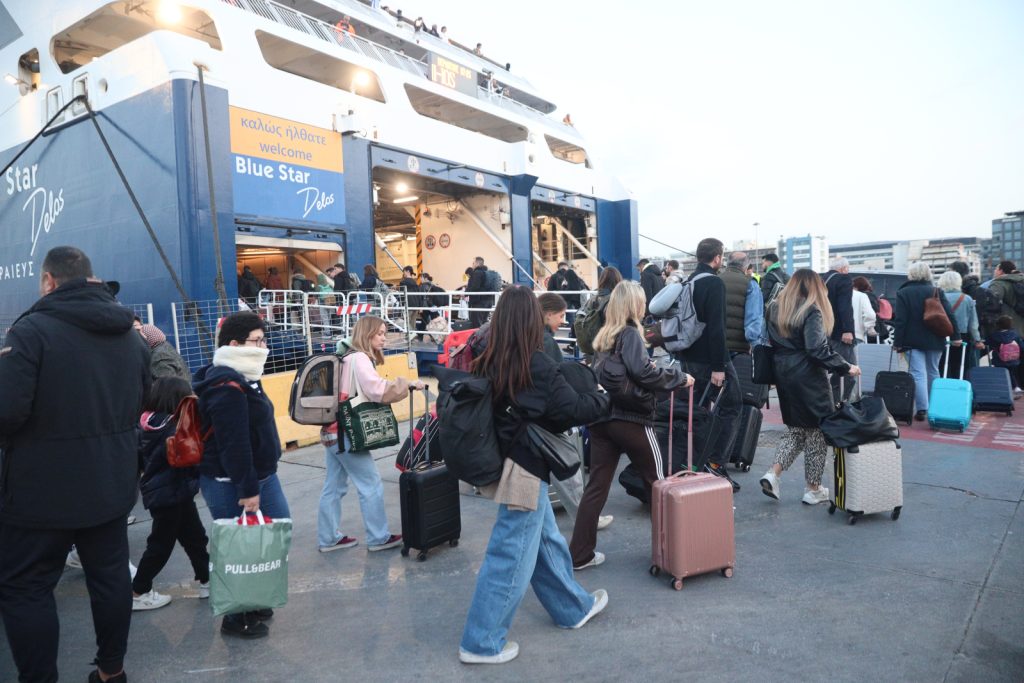In Greek hotel industry, employees have shifted their focus away from the tourism sector, citing seasonality and frequently adverse working conditions as primary deterrents to employment. Throughout 2023, a significant concern dominating the country’s tourism industry has been the shortage of personnel.
Revealing statistics from the Institute of Tourism Research and Forecasts, on behalf of the Greek Hotel Chamber, shed light on the issue. These figures indicate that one in every five positions in accommodation remained unfilled.
The report for 2023 estimates a shortage of 53,229 employees against the 265,782 positions outlined in the organizational structure. Therefore, the scarcity rate is estimated at 20%, indicating a decrease compared to the previous two years (60,225 positions in 2022 and 57,737 in 2021).
Comparing different hotel categories, the highest scarcity rates are seen in 3-star hotels (24%), while the lowest appear in 5-star hotels (14%). The most substantial shortages are recorded in 4-star hotels (16,381).
Out of 37 examined professions, the most sought-after is that of a chambermaid, constituting 16% of the forecasted positions, 17% of filled positions, and 12% of the total shortages.
Positions of chambermaids, wait staff, receptionists, assistant waiters, baristas, room service attendants, and technical support account for 53% of the forecasted positions, covering 52% of filled positions and 45% of the total shortages.
Shortages are also notable among specialized personnel and managerial roles crucial for the organization and smooth operation of modern hotels. Positions such as General Manager, Front Office Manager, Accountant, Sales Manager, Housekeeping Director, Floor Supervisor, Marketing Manager, IT specialist, and Sommelier show high scarcity rates by specialty.
The regions with the most significant shortages in absolute numbers are the South Aegean (11,663, 18%) and Central Greece (4,983 positions, 34%). Island regions display higher rates of hotels seeking employees from third countries, whereas Epirus-Thessaly and Peloponnese regions show no interest in hiring foreign personnel.
These shortages span both specialized and non-specialized personnel. Particularly for specialized and managerial roles, filling these vacancies via the recruitment of workers from third countries doesn’t seem feasible. Therefore, implementing suitable training programs becomes crucial to meet this demand.
Overall, these findings underscore the urgent need for addressing the workforce shortage issue in the Greek tourism sector through strategic training and recruitment initiatives.






